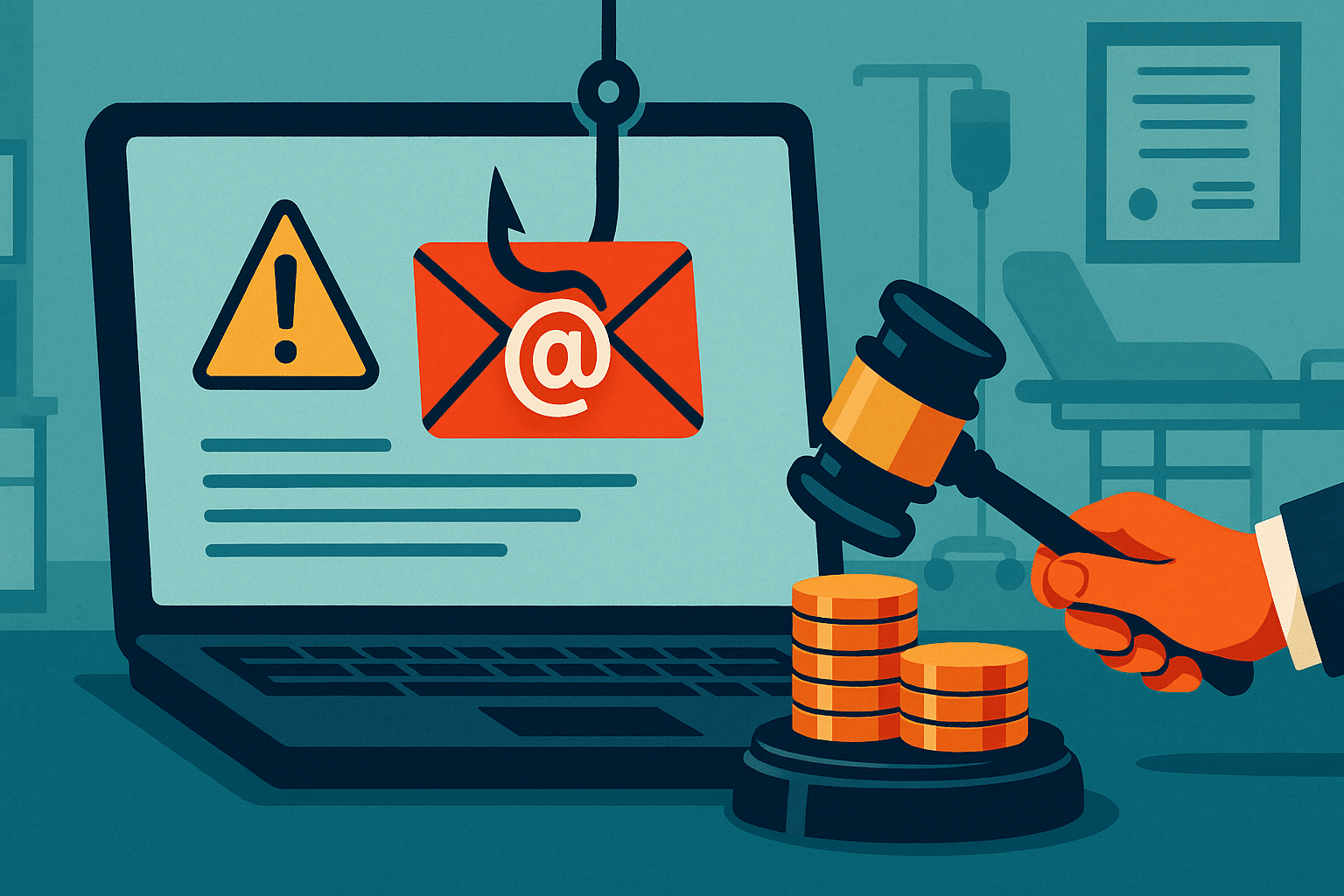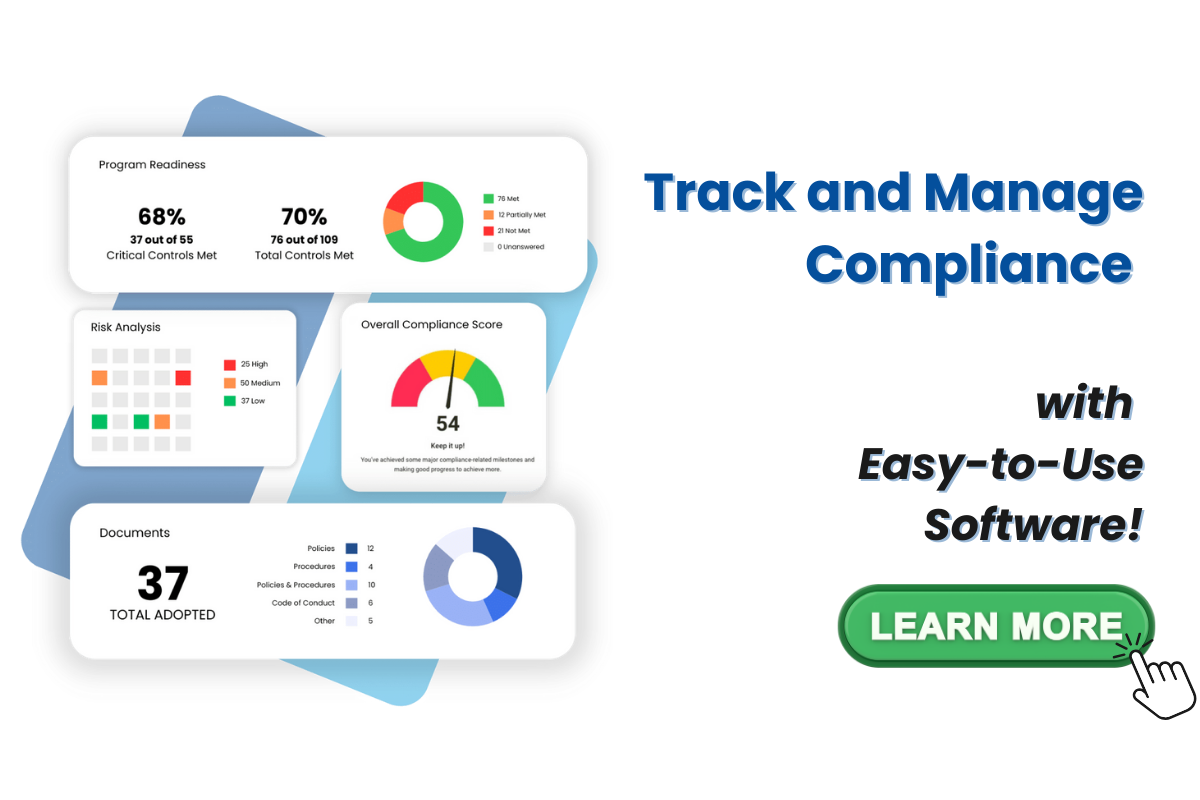
The U.S. Department of Health and Human Services (HHS), Office for Civil Rights (OCR), has announced yet another enforcement action under the HIPAA Security Rule—this time involving Guam Memorial Hospital Authority (GMHA), a public hospital located in the U.S. territory of Guam. This marks OCR’s 11th ransomware enforcement and the 7th resolution under its Risk Analysis Initiative.
The case underscores the growing cybersecurity risks faced by healthcare organizations and the critical importance of HIPAA compliance in mitigating those threats.
What Happened?
OCR’s investigation into GMHA began after a 2019 complaint alleged that a ransomware attack had compromised the electronic protected health information (ePHI) of approximately 5,000 patients. A second complaint in 2023 alleged further unauthorized access to patient records.
Following its investigation, OCR determined that GMHA had failed to conduct an accurate and thorough risk analysis—a foundational requirement under the HIPAA Security Rule. This failure left the hospital vulnerable to cyberattacks and constituted a potential violation of federal privacy and security standards.
The Consequences
Under the terms of the settlement, GMHA will pay $25,000 and implement a robust corrective action plan, to be monitored by OCR for three years. Key requirements of the plan include:
- Conducting a comprehensive risk analysis to identify potential vulnerabilities in ePHI systems
- Developing and executing a risk management strategy
- Establishing regular reviews of system activity logs and security reports
- Revising and maintaining HIPAA-compliant policies and procedures
- Enhancing HIPAA training programs for all staff with access to PHI
- Reviewing and managing access credentials to ePHI
- Performing breach risk assessments and ensuring proper breach notifications
OCR’s Recommendations for Preventing Security Incidents
To help prevent similar incidents, OCR urges all organizations—including healthcare providers, health plans, and business associates—to take proactive steps:
- Know your ePHI: Understand where ePHI resides and how it moves through your systems.
- Make risk analysis routine: Integrate it into daily operations.
- Enable audit controls: Monitor and log system activity regularly.
- Secure access: Use authentication methods and encrypt ePHI when appropriate.
- Train regularly: Tailor HIPAA training to specific roles within your organization.
- Learn from incidents: Apply insights to strengthen future security practices.
Why This Matters
This settlement serves as a stark reminder: failing to meet HIPAA’s risk analysis requirements can open the door to serious cybersecurity threats—and legal repercussions. As ransomware and hacking continue to dominate the threat landscape, maintaining strong HIPAA compliance practices isn’t optional; it’s essential.
For more information on the settlement, you can read the full resolution agreement here: OCR HIPAA Recap – GMHA (PDF)
To ensure your organization is taking the right steps, visit the HHS Breach Portal or learn more about the HIPAA Security Rule Risk Analysis requirement.









